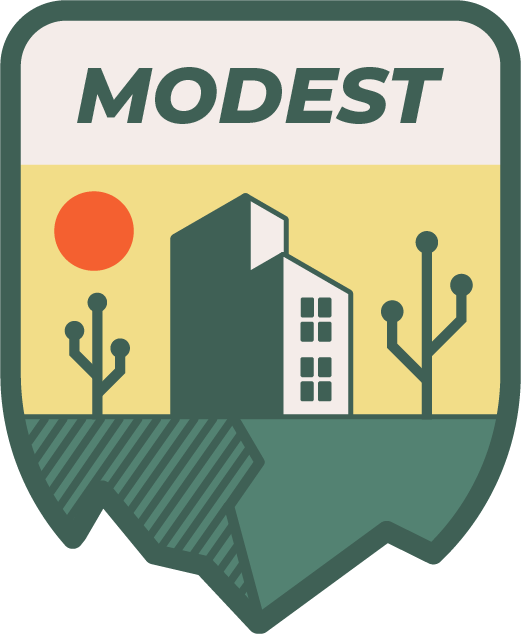Finding off-the-shelf, fully functioning software for small business is not the easiest task in the world. So many off-the-shelf products are either terribly bloated or barely functional. Companies are reluctant to invest in them because they don’t feel they are getting enough value. But if not off-the-shelf solutions, then what?
Our experience has been that companies unhappy with off-the-shelf software tend to look at one of three other options: free, freemium, or custom-built business software. Each option comes with its advantages and disadvantages. One of them is always better than settling for an off-the-shelf package that doesn’t quite do what a company wants it to do.
1. Free Software for Small Business
When the chief concern is spending good money on software that doesn’t represent exceptional value, there is the temptation to look at free packages. It is understandable. As long as a company is not going to have to settle for something that could require significant workarounds to make it functional, there is no point in paying a lot for it. If you can get it for free, bonus.
Admittedly, there are some free and open-source software tools worth looking at. There is nothing inherent to free software that dictates it needs to be garbage. But as a general rule, free software is short on function. It almost never comes with support, either. And when you are talking about software for small business, support is critical.
2. Freemium Software for Small Business
When off-the-shelf software doesn’t offer the right functionality and free software fails to deliver on support, there is always the freemium model. Freemium business software is software that offers basic functionality free of charge. Getting access to advanced functions and services means paying a fee.
The freemium model is a common way to introduce a piece of business software to prospective buyers. Developers are willing to accommodate a certain number of free users, knowing that most of their customers will want access to premium features and support. Those that pay cover for those that don’t.
Also note that freemium software generally comes with built-in marketing tools designed to encourage free users to upgrade. In-line marketing can be intrusive and annoying, especially when nag screens are involved.
3. Custom Software for Small Business
When free software won’t cut it and freemium packages prove annoying, there is a third option in custom business software. This is where Modest shines. Custom software for small business is our specialty.
Custom software is just as its name implies. It is business software built exclusively around the needs of the customer. It definitely costs more than free software. It could cost more than freemium software depending on how much a company is willing to spend on premium features and support. Yet custom software can be cheaper than off-the-shelf options.
Why We Believe in the Custom Business Software Model
As a company, we could choose from among several models for delivering software to our clients. We have chosen to build custom software using a modular approach because we believe it is the best way to do things. We believe small businesses benefit tremendously from the custom model – in some cases, even more than they know.
Custom business software from Modest is built to accommodate your workflow and processes. It is built with all the features you need and none that you don’t. With our software, there are no workarounds necessary. You get more function than you would from free software without the nag screens and other marketing tactics normally associated with freemium products. Is there a better way to acquire software for small business?

